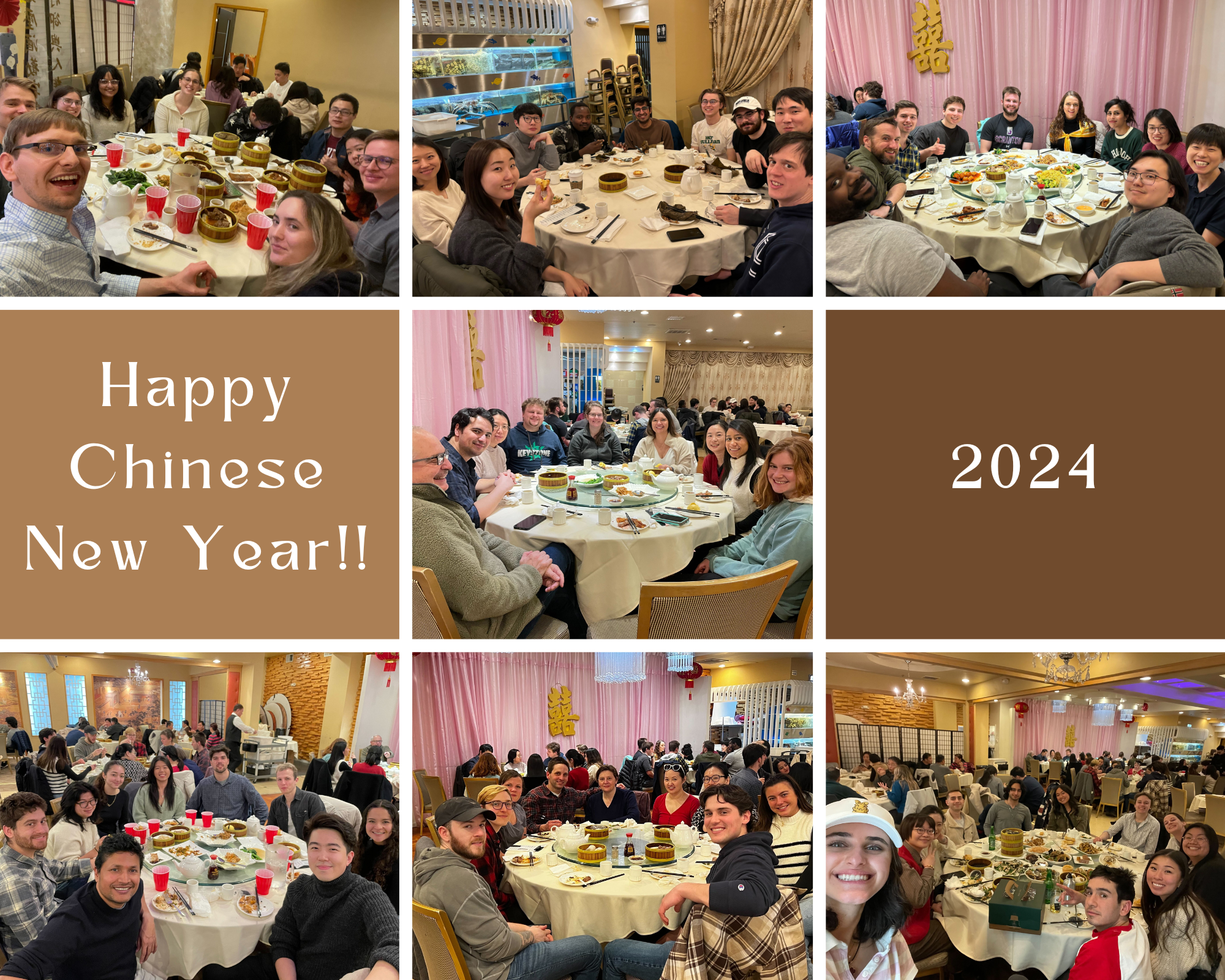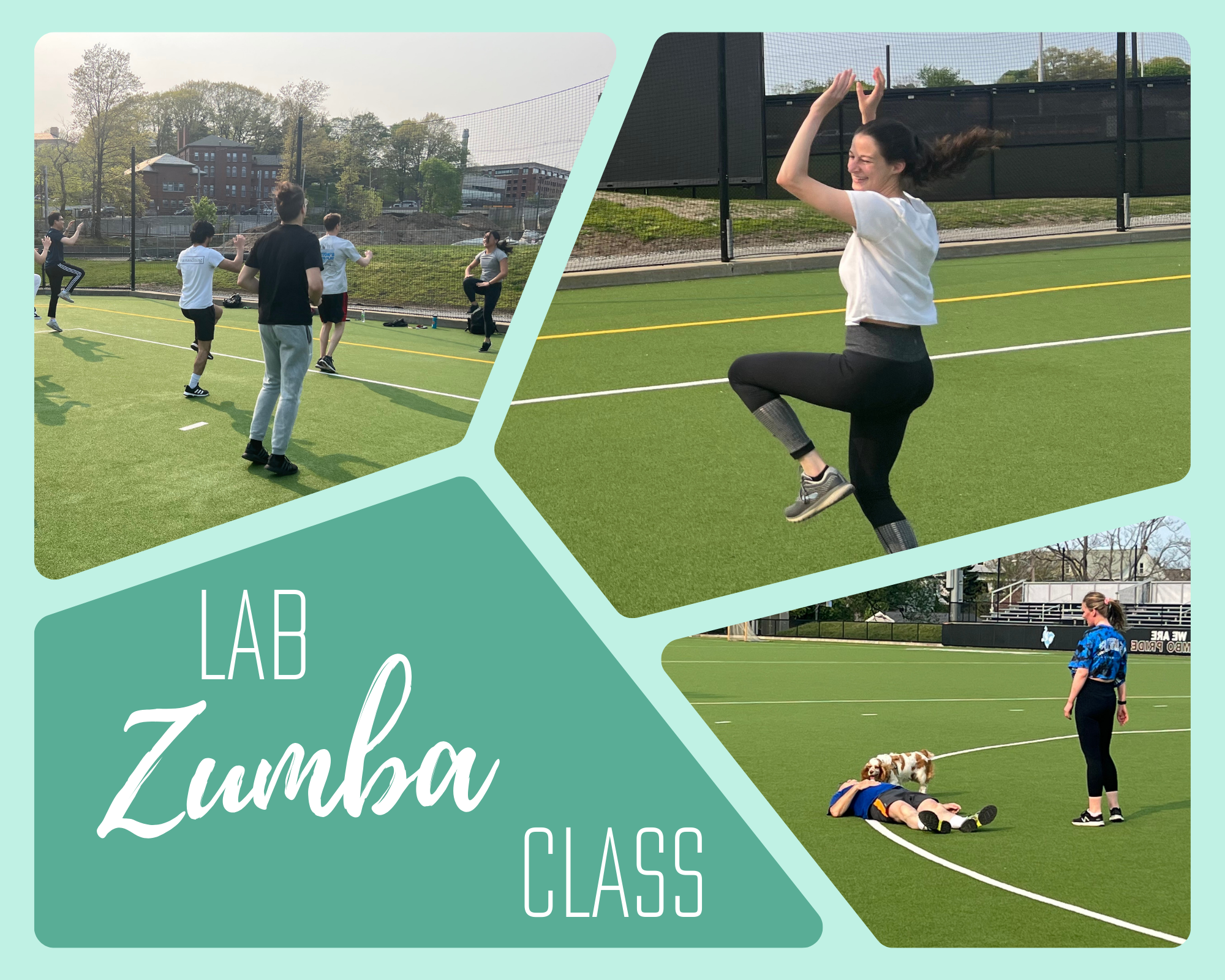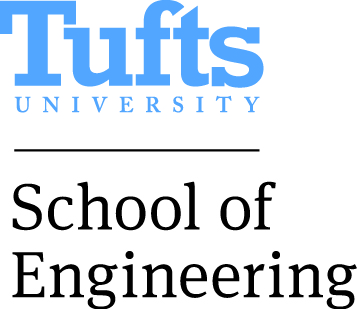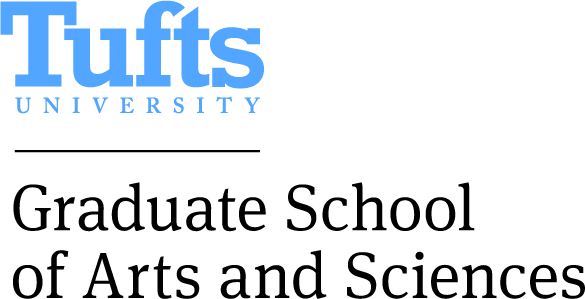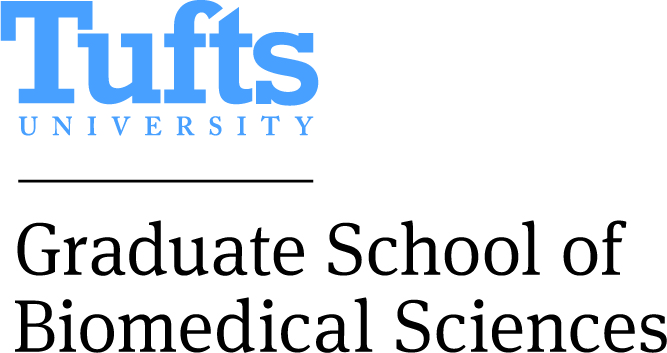The
Kaplan
LAB
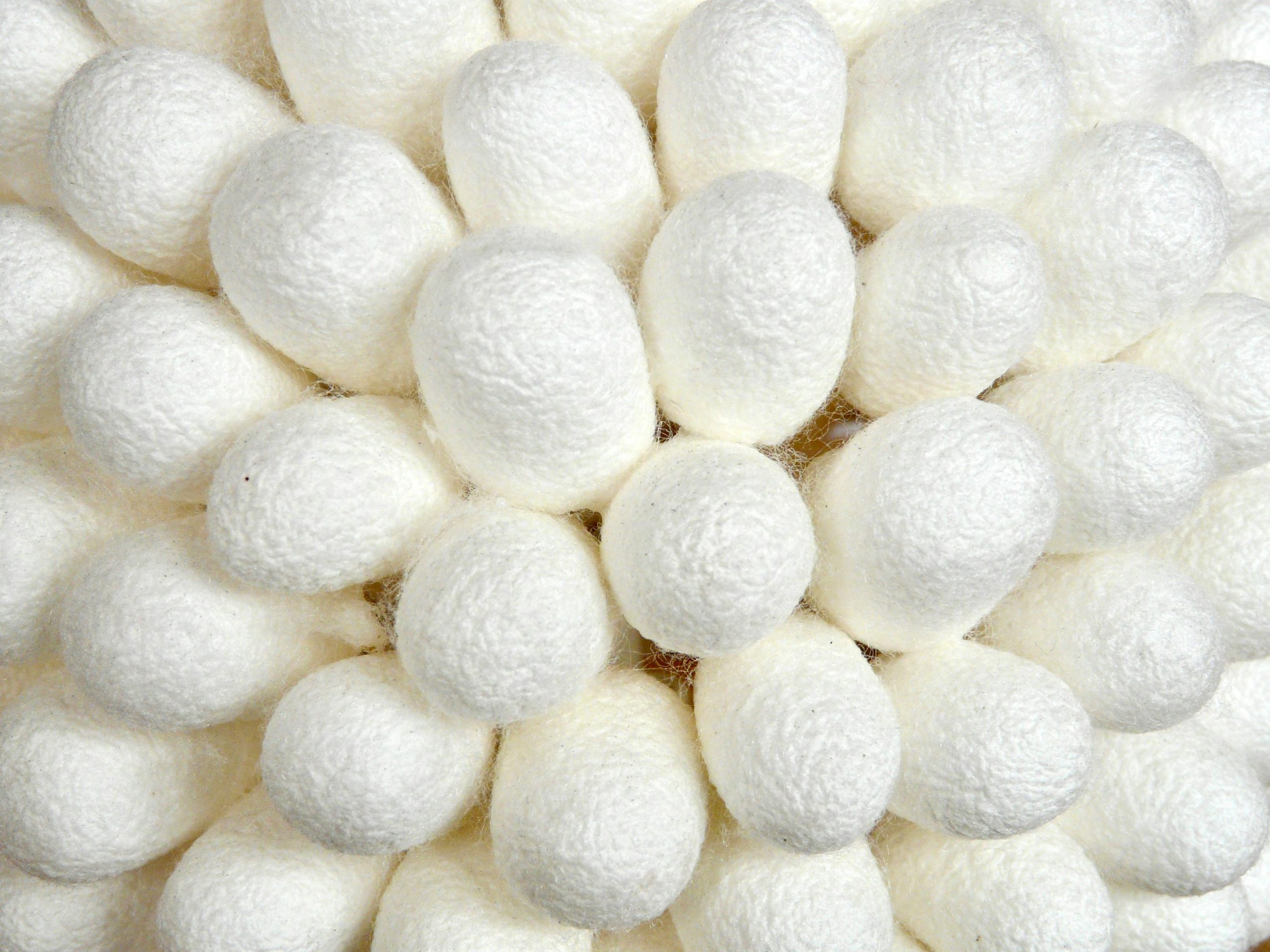
Biopolymer Engineering
Novel materials from natural inspiration
Using microbially-derived and regenerated proteins/starches, the Kaplan Lab is engineering novel biopolymers for sustainable biomaterials and biomedical applications.

Cellular Agriculture
Constructing the future of food, one cell at a time
Cellular agriculture revolutionizes the production of agricultural commodities that would otherwise come from traditional agriculture, by generating these commodities from cells. Our lab is a pioneer in the field, focused on differentiation of muscle cells, flavorings, and both cell line and media development.
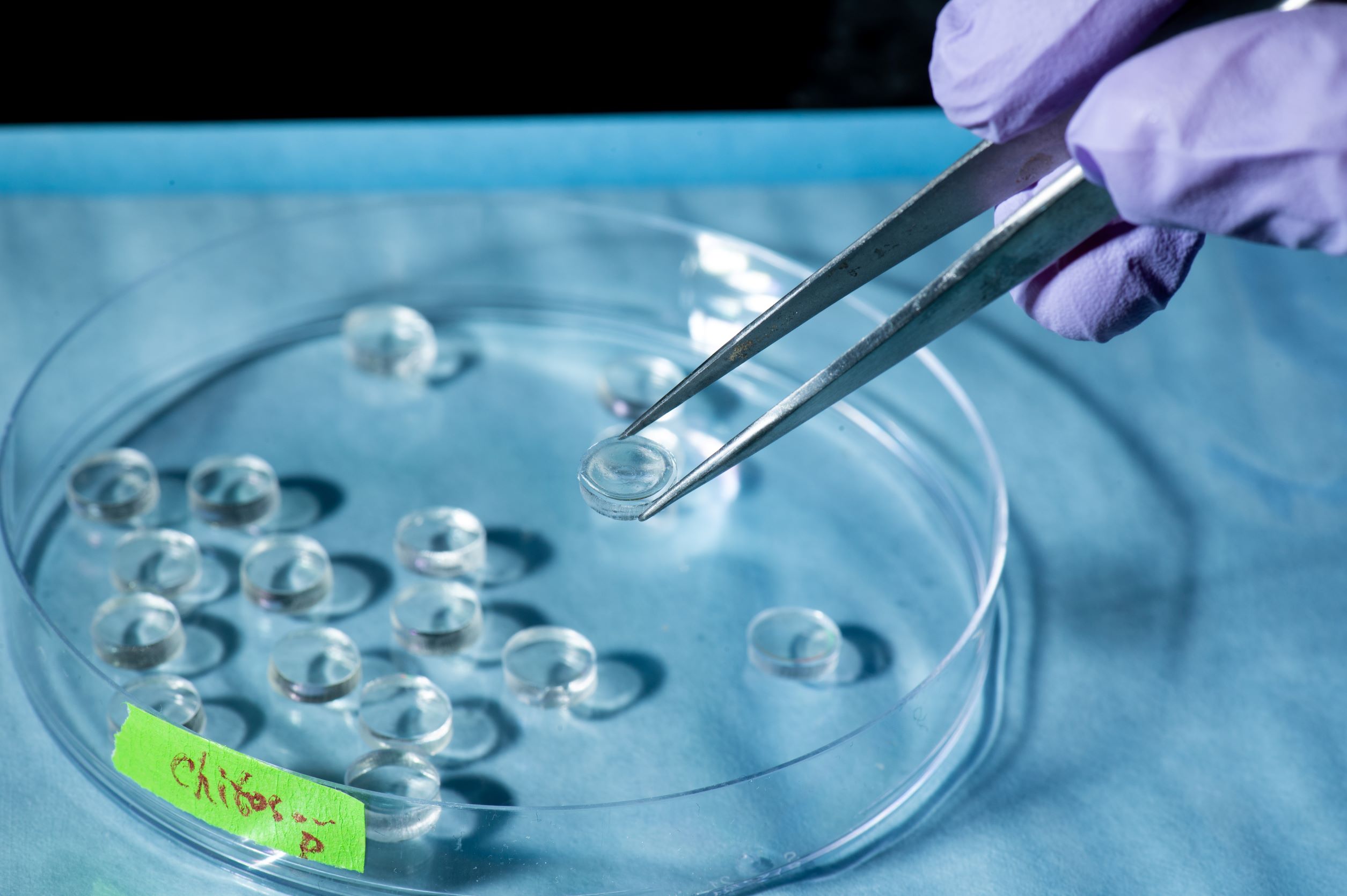
Tissue Engineering
Building the future of regenerative medicine
We seek to develop novel tissue engineering techniques enabling the repair and enhancement of damaged tissues, while also creating methodologies to effectively model these processes.
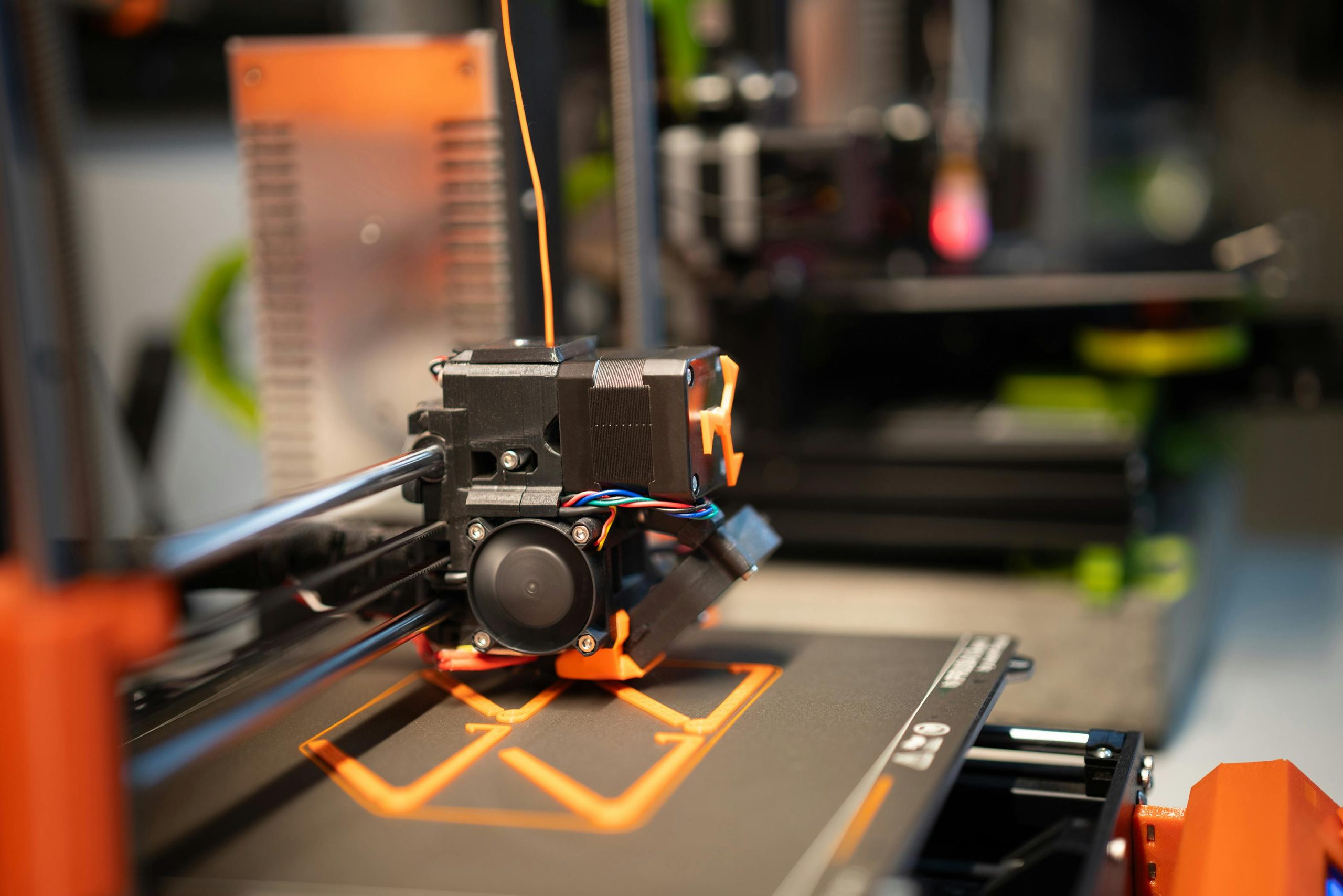
Biomedical Devices
Designing and developing tools for life
The Kaplan Lab utilizes the unique and robust material properties of silk to produce a variety of scaffolds and medical devices. Techniques such as thermopressing, 3D printing, and molding can create a variety of constructs with tailorable properties.
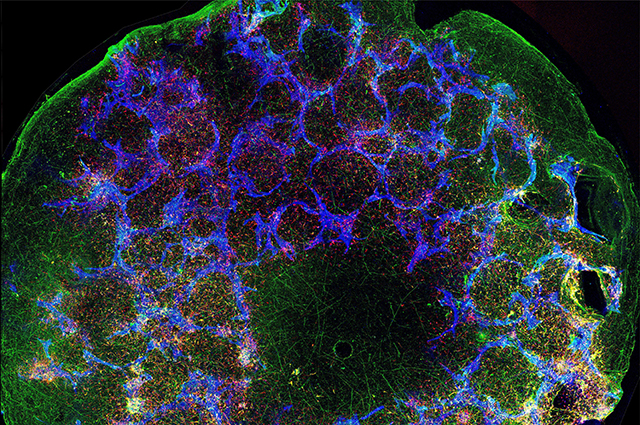
Neuroscience &
Neurobiology
Mapping the intricate structures of the mind
The Kaplan Lab utilizes the unique and robust material properties of silk to produce a variety of scaffolds and medical devices. Techniques such as thermopressing, 3D printing, and molding can create a variety of constructs with tailorable properties.
Kaplan Lab Honored at Tufts’ Annual Inventor Recognition Event
The Kaplan Lab was well-represented at the recent FY2024 Tufts Annual Inventor Recognition Event, with David Kaplan and two of his research faculty, Vincent Fitzpatrick and Jugal Sahoo, receiving awards for their innovative work. David Kaplan was recognized for his work on an immortalized bovine cell line for cellular agriculture research. He also received awards alongside Vincent Fitzpatrick for biomedical device manufacturing and with Jugal Sahoo for a silk-based artificial mucin with therapeutic, cosmetic, and food applications.
The Connection Between Concussions, Viruses, and Alzheimer’s
New research from the Kaplan Lab at Tufts University, in collaboration with the University of Oxford, suggests a link between head trauma and neurodegenerative diseases like Alzheimer’s. The study found that physical injury to the brain can reactivate dormant viruses, such as herpes simplex virus 1 (HSV-1), leading to inflammation and the formation of amyloid plaques and other markers of Alzheimer’s. This groundbreaking research, conducted using a 3D bioengineered human brain tissue model, opens the door for potential preventative treatments, such as antiviral drugs, following a head injury.
Massachusetts invests $2.1m to create new cell-ag centre at Tufts University
The Healey-Driscoll administration and the Massachusetts Technology Collaborative (MassTech) have awarded a grant of over $2.1 million to Tufts University to create a new center for cellular agriculture. The Foodtech Engineering for Alternative Sustainable Technologies (FEAST) center will focus on advancing research, development, and commercialization of cultivated meats and other cell-based food products. This investment aims to solidify Massachusetts’ role as a leader in the bio-manufacturing sector, create jobs, and provide a resource for both academic and commercial partners.
News Feed.

Repetitive injury induces phenotypes associated with Alzheimer’s disease by reactivating HSV-1 in a human brain tissue model
Cairns et al. (2025)
Science Signalling

Biomaterials in cellular agriculture and plant-based foods for the future
Gordon et al. (2025)
Nature Reviews Materials

Living plastics from plasticizer-assisted thermal molding of silk protein
Wang et al. (2025)
Nature Communications

Silk chemistry and biomedical material designs
Sahoo et al. (2023)
Nature Reviews Chemistry
Join Our Team.
Our work is highly interdisciplinary, and we typically seek candidates with expertise in materials science and engineering, polymer chemistry, stem cell biology, chemical engineering, biomedical engineering, mechanical engineering, electrical engineering, and related fields.
Prospective Candidates (Undergraduate/Graduate/Postdoc/Staff): If you are interested in our research, please reach out to Dr. Kaplan. Please include your CV and a brief statement of your research interests.
